-61%
Microbial Partnerships: Beyond Organismal Boundaries
The realm of life on Earth extends far beyond the visible boundaries of individual organisms, encompassing a vast network of microorganisms that reside within and upon them. These microbial communities, known as microbiomes, are not mere bystanders in the dance of life; rather, they play an indispensable role in the existence and well-being of their hosts.
From the depths of the oceans to the towering rainforests, the intimate association between microbes and multicellular organisms has shaped the course of evolution. The enduring presence of modified bacterial cells within hosts, such as mitochondria and chloroplasts, serves as a testament to the profound impact of these microbial partners. However, it is only in recent years that the full extent of their contributions has become apparent, revealing the true nature of microbiomes as “invisible organs” essential for life.
These microbial communities orchestrate a symphony of functions that underpin the very essence of their hosts. They engage in a delicate dance with the digestive system, aiding in the breakdown of nutrients and the extraction of essential compounds. They serve as intricate communication networks, exchanging signals that coordinate the host’s responses to its environment. Microbiomes provide a vital supply of nutrients, synthesizing vitamins and other molecules that are crucial for growth and development.
As vigilant guardians, microbiomes stand sentinel against foreign invaders. They release antimicrobial compounds that ward off pathogens and activate immune responses to protect against infection. They promote the development of the host’s immune system, helping to establish a balanced and robust defense against disease.
The contributions of microbiomes extend beyond the individual host, reaching into the wider tapestry of the ecosystem. They play a pivotal role in nutrient cycling, ensuring the availability of essential elements for plant and animal life. They participate in the decomposition of organic matter, perpetuating the flow of energy and nutrients through the web of life.
However, when the delicate balance of the microbiome is disrupted, a state of dysbiosis can arise. This disruption can manifest as a multitude of diseases, affecting both the host and the broader environment. For instance, dysbiosis in the gut microbiome has been linked to obesity, inflammatory bowel disease, and even neurological disorders. Dysbiosis in soil microbiomes can compromise plant health and productivity, impacting global food security.
Understanding the vital roles of microbiomes is paramount for unlocking solutions to some of the most pressing challenges facing humanity today. This understanding can pave the way for novel therapeutic approaches to combat diseases, enhance agricultural practices to ensure food security, and mitigate the impacts of climate change. By delving into the intricate web of microbial partnerships, we uncover a hidden world that holds the key to a healthier and more sustainable future for both ourselves and the planet we inhabit.

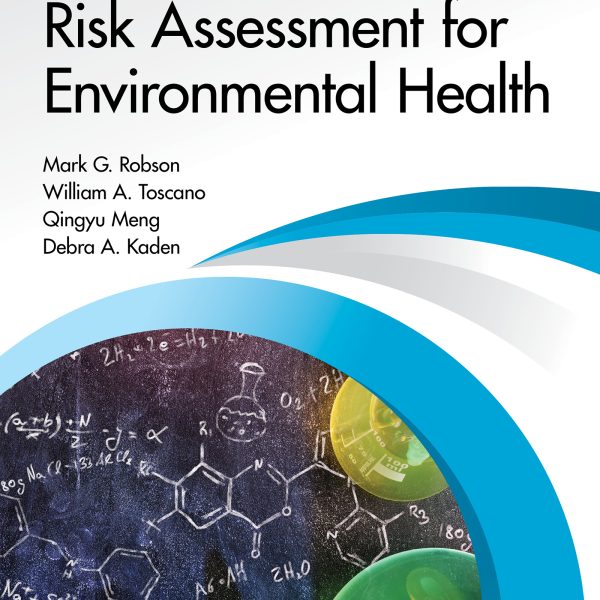
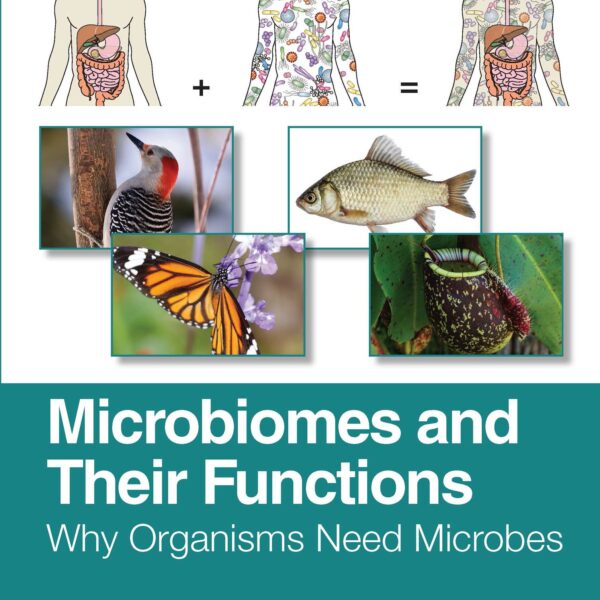
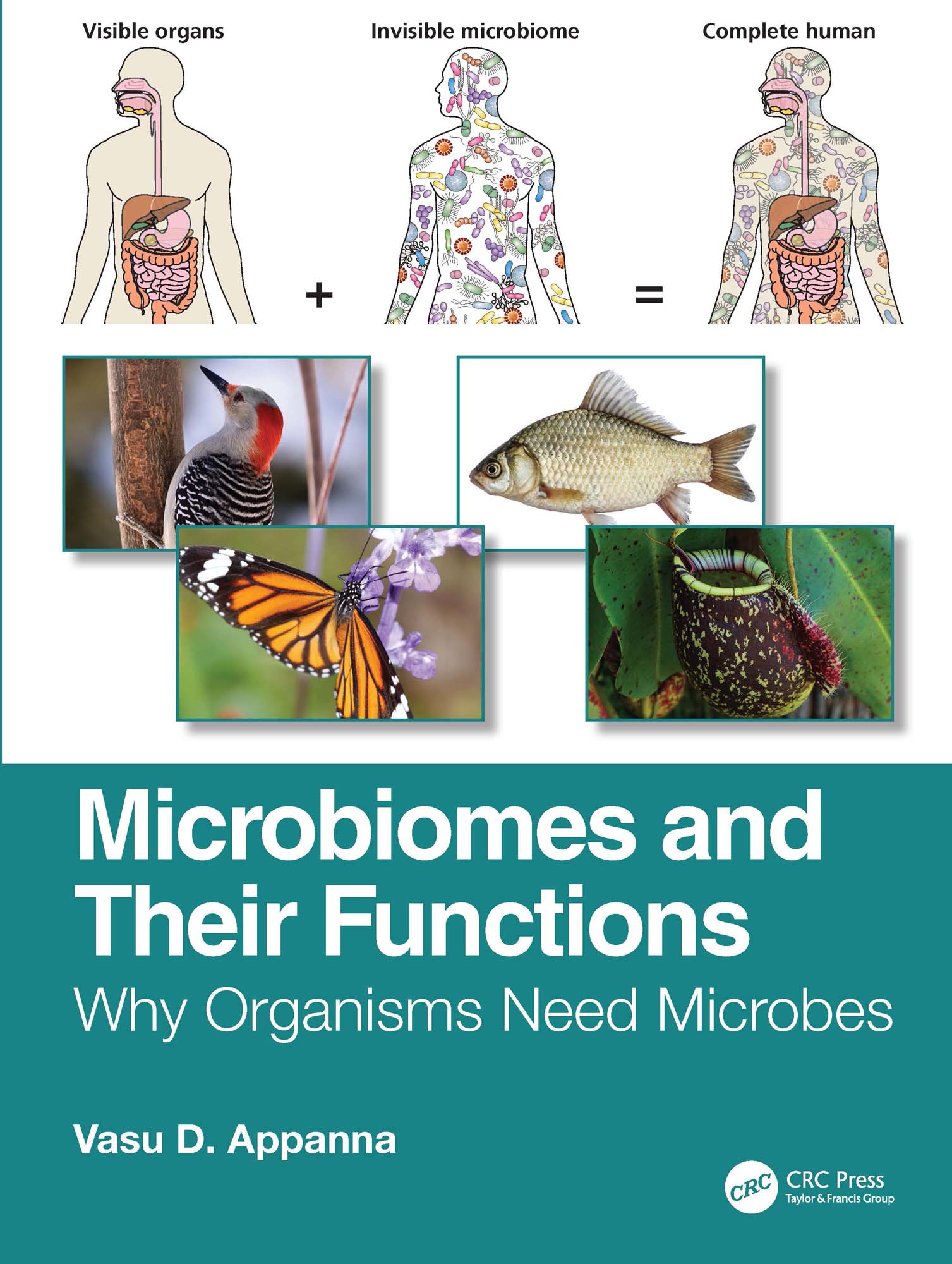
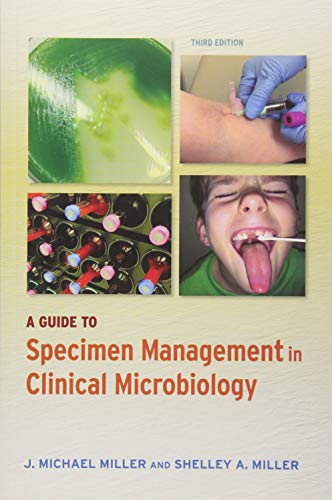
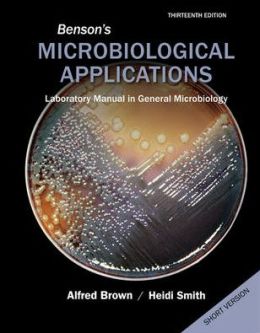

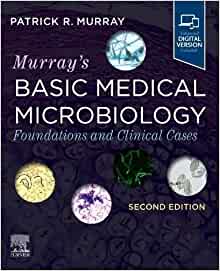
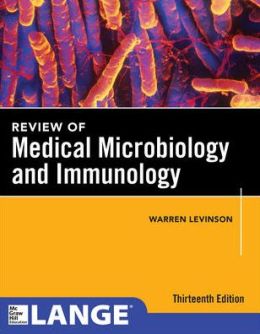
Reviews
Clear filtersThere are no reviews yet.